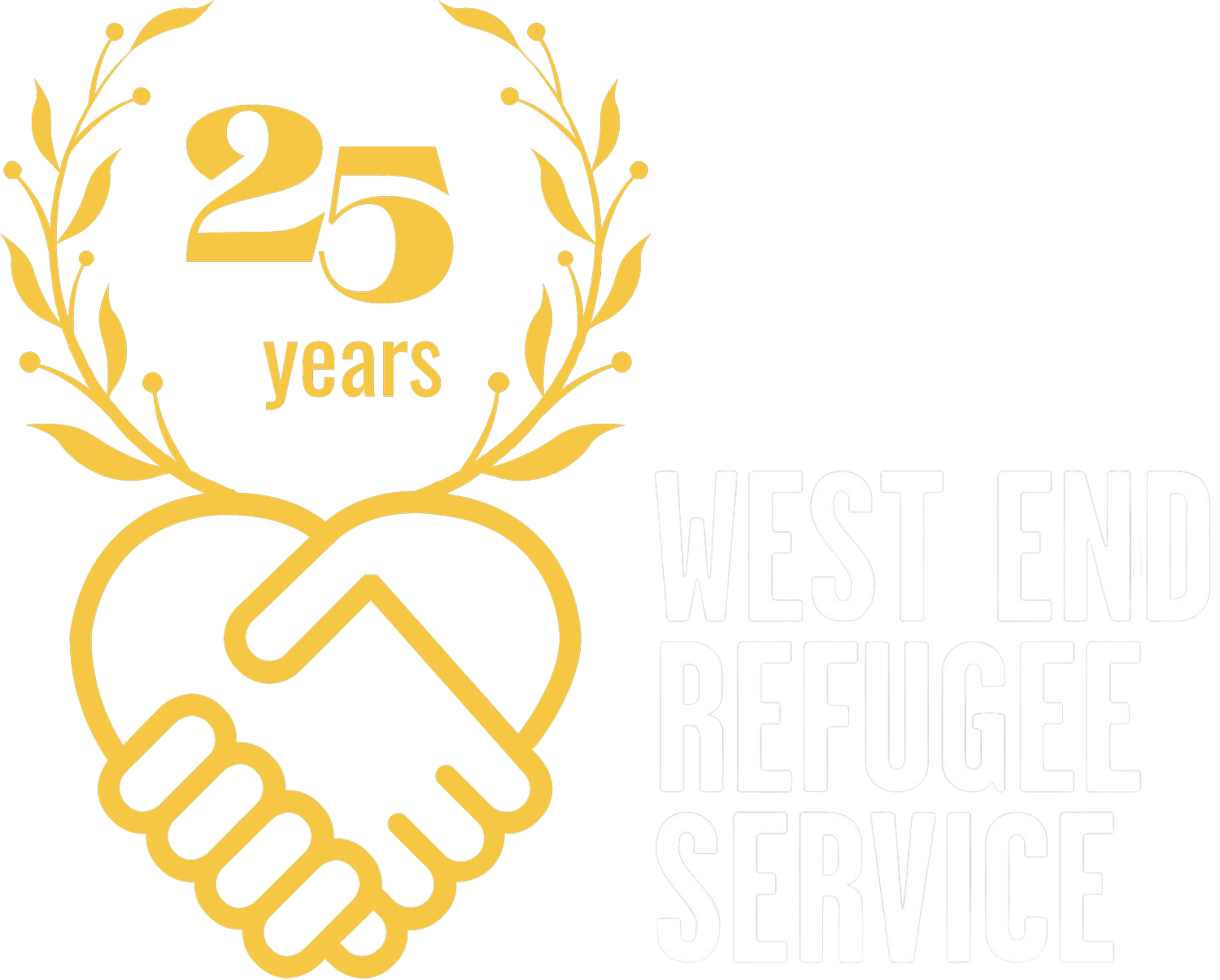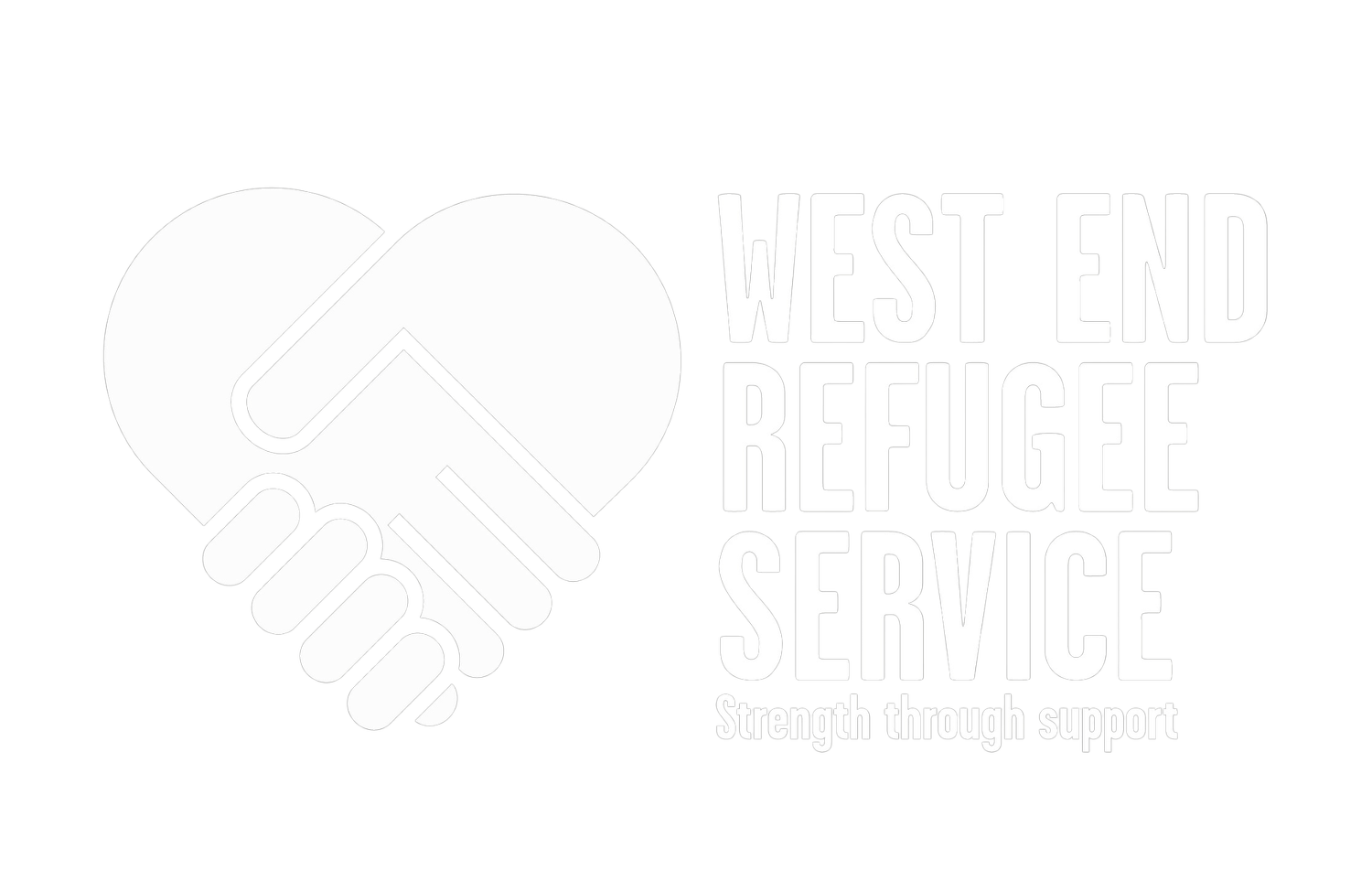What did we learn about the society last summer?

The events of late July and early August across the country have been a powerful reminder of the important role WERS plays, not only within the community we serve but far beyond it.
We have been incredibly fortunate to receive such strong support from the community here in the North East. The counter-protests and acts of goodwill were simply wonderful and striking reminders of the decency and compassion that exist when people stand together in the face of adversity. However, as we reflect on these events, we must be careful not to simply move on, satisfied with the response we witnessed. There is a deeper issue at play, and it would be a mistake to overlook it.
While the riots were shocking and involved relatively few people, with those responsible being swiftly brought to justice, the true problem lies much deeper – in the growing divisions within our society.
Fear plays a significant role in this divide, and it is not always a fear born of malice.
Much of this fear is intertwined with deeper issues of racism and Islamophobia, both of which have intensified in recent years. Refugees, particularly those from non-white or Muslim backgrounds, often become easy targets for those who feel their identity or status is being threatened. Racism has long existed in parts of our society, but it has taken on a more toxic edge, with hateful rhetoric becoming more socially acceptable.
Islamophobia, in particular, has been stoked by sensationalist media coverage and political rhetoric that unfairly associates Muslim refugees with terrorism and extremism. This has added another layer of prejudice, compounding the difficulties faced by those seeking safety in the UK. For many people living in this country, it is a genuine and deeply ingrained sentiment, one that is tied to the long history of suspicion towards refugees and migrants.
Historically, there have been waves of immigration that have been met with similar hostility.
Whether it was the Huguenots, the Irish, or the Windrush generation, there has always been a section of society fearful of change, worried that new arrivals will undermine their way of life.
This fear has often been stoked by economic uncertainty and a perception that resources – whether jobs, housing, or services – are limited. In this context, refugees are all too easily portrayed as scapegoats, blamed for a whole host of problems that – in reality – have far more complex causes.
Today, this fear is being amplified by the rise of the far-right movement and the increasing power of social media. Misinformation spreads rapidly, with individuals consuming content that reinforces their existing biases, often without the media literacy skills to critically assess what they are seeing. This creates an echo chamber where fear and hostility towards refugees can grow unchecked, fuelled by false narratives that present refugees as both a threat to safety and as the cause of declining public services. These sentiments are being weaponised, and the results are painfully visible in the division and unrest we witnessed.
The challenge for WERS, and society as a whole, is to confront these fears with understanding and empathy, while at the same time countering the falsehoods with facts and clear information. We must show that refugees are not the source of the problems many people are concerned about. The real solutions lie in addressing the root causes of societal frustrations, such as inequality, housing shortages, and strains on public services, rather than scapegoating those who are most vulnerable.
In response to these challenges, WERS is offering awareness-raising sessions to local organisations, businesses and schools. These sessions are designed to tell the story of refugees, challenge harmful stereotypes, and encourage people to think critically about the information they encounter. We are now keen, more than ever, to strengthen this arm of our operations and for WERS to take a lead on bringing people together in the North East.
WERS is not simply a provider of services; it is a catalyst for building a society grounded in mutual respect and understanding. A society that flourishes not through separation, but through mutual understanding and shared purpose.
Integration is not a one-way process, nor is it simply about refugees adapting to their new environment. It is a two-way street, requiring both new arrivals and existing communities to engage, learn, and adapt.
In a country as diverse as ours, this mutual effort is essential. It is through the work of WERS, these sessions, as well as dialogue and shared experiences, that we can begin to dismantle the barriers of fear and ignorance that divide us. Only then can we create a society where difference is not a threat, but a strength – where the act of welcoming those who have suffered is seen not as a burden, but as a testament to our shared humanity.
Andy Durma
Chief Executive




